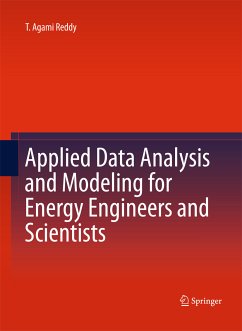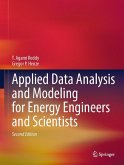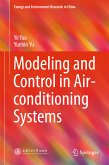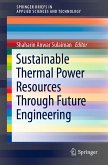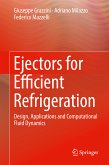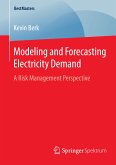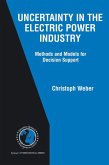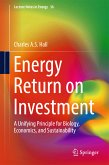Applied Data Analysis and Modeling for Energy Engineers and Scientists fills an identified gap in engineering and science education and practice for both students and practitioners. It demonstrates how to apply concepts and methods learned in disparate courses such as mathematical modeling, probability,statistics, experimental design, regression, model building, optimization, risk analysis and decision-making to actual engineering processes and systems. The text provides a formal structure that offers a basic, broad and unified perspective,while imparting the knowledge, skills and confidence to work in data analysis and modeling. This volume uses numerous solved examples, published case studies from the author's own research, and well-conceived problems in order to enhance comprehension levels among readers and their understanding of the "processes"along with the tools.
Applied Data Analysis and Modeling for Energy Engineers and Scientists is an ideal volume for researchers, practitioners, and senior level or graduate students working in energy engineering, mathematical modeling and other related areas.
Dieser Download kann aus rechtlichen Gründen nur mit Rechnungsadresse in A, B, BG, CY, CZ, D, DK, EW, E, FIN, F, GR, HR, H, IRL, I, LT, L, LR, M, NL, PL, P, R, S, SLO, SK ausgeliefert werden.

